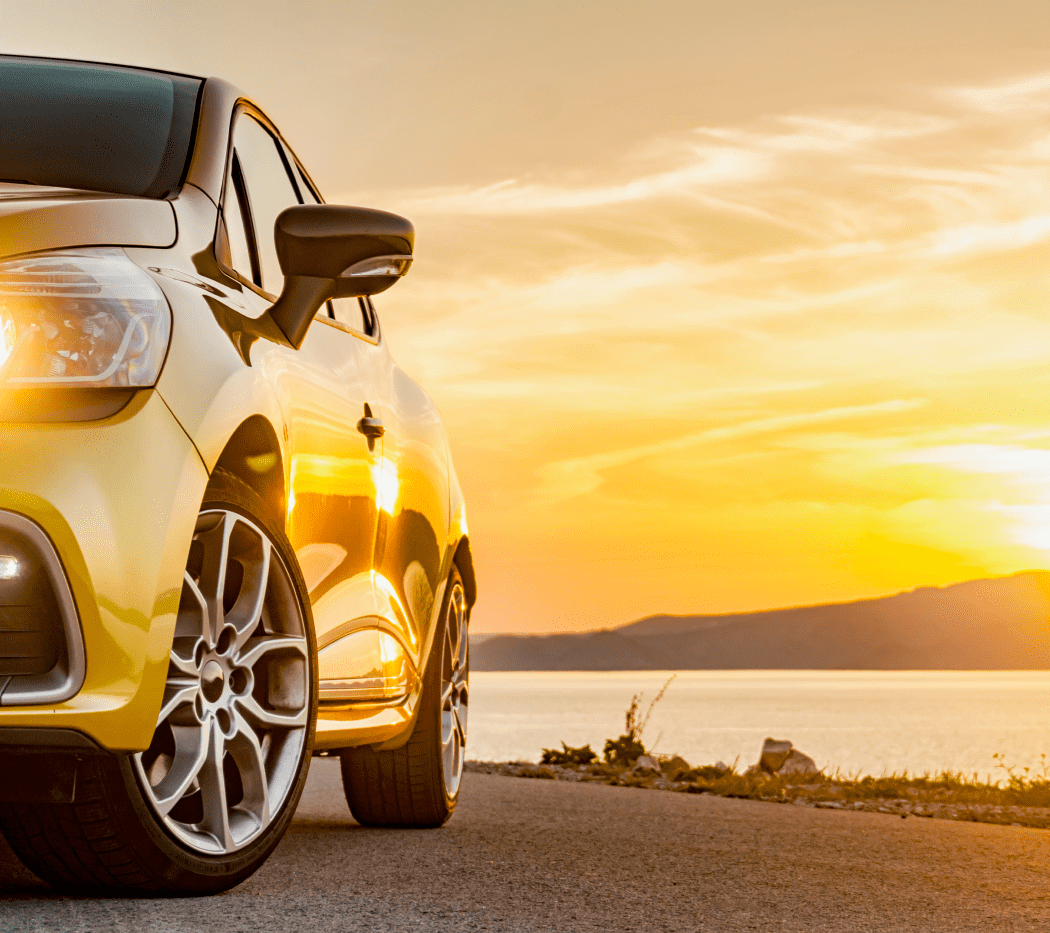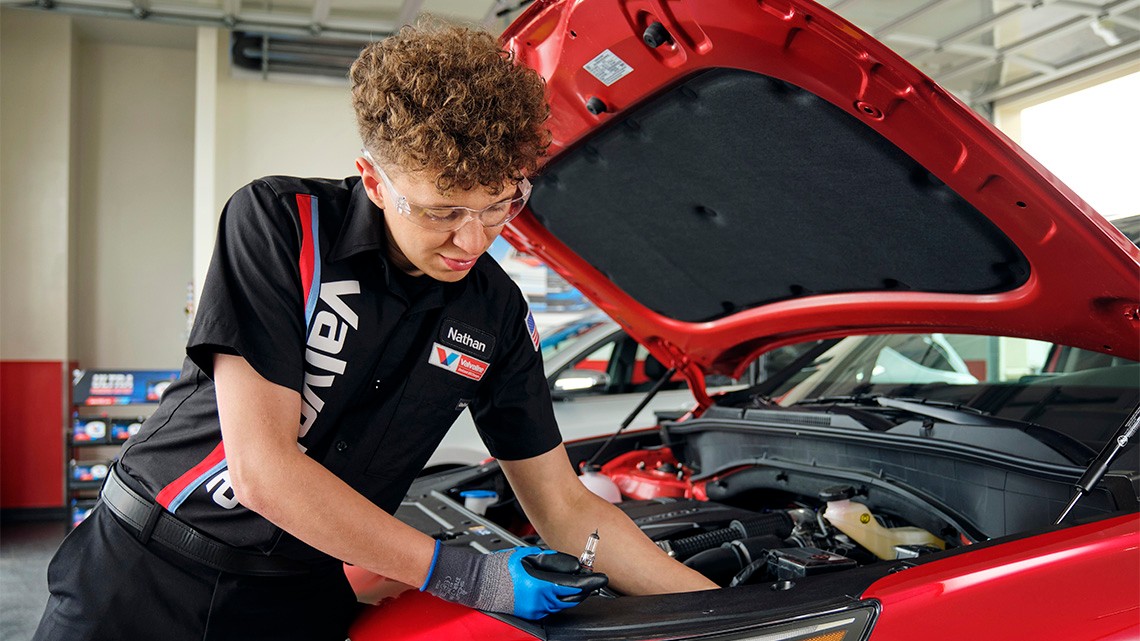Staying Fit


Planning a road trip this summer? With the price of gas about one-third lower than last year, there’s likely to be an uptick in vacationers hitting the road instead of flying this season.
Forty-two percent of people surveyed for a recent Forbes Advisor report said they planned to drive to their vacation destinations in 2023, and 43 percent of households chose road trips as their top travel plan, according to TransUnion’s 2023 Spring and Summer Travel Report.


AARP Membership— $12 for your first year when you sign up for Automatic Renewal
Get instant access to members-only products and hundreds of discounts, a free second membership, and a subscription to AARP the Magazine.
While it’s important to keep your car well-maintained year-round, proper maintenance is especially crucial when you’re traveling during hotter months. Nothing is less relaxing than having your vehicle break down when you’re on a summer vacation. AAA reports that it expects to receive 8.9 million calls for help from stranded motorists between late June and late September. If you don’t want to be part of that statistic, it’s time to get your vehicle road-trip ready.
Here’s what you need to check or get checked by a mechanic before hitting the road.
1. Do a visual inspection, inside and out
“Everybody’s getting ready for vacations or business trips, so we’re getting a lot of maintenance questions,” says Marc O’Dell, an Automotive Service Excellence-certified master mechanic in Helena, Montana, and an on-call car repair expert with JustAnswer, which connects professionals with people who need immediate online help.
JustAnswer is seeing about 10 percent more car questions for its auto mechanics this summer and expects to field 5,200 questions a week through Labor Day.
O’Dell suggests taking a good look at your car to see if anything needs attention. Inspect your wiper blades: If they’re torn or brittle, replace them with a new set. Check that outside mirrors are in good working order, and look underneath the car to be sure there’s no oil dripping out.
Get someone to help you test your turn signals, headlights, brake lights, hazard lights and bright lights. Turn on the ignition while your helper stands first in front of and then behind the car in order to confirm everything is functioning.
“Check if you hear any weird noises. If any warning lights come on, that could indicate a fuel system issue or that the fuel injectors are getting a little dirty,” O'Dell says. “It’s always a good idea to add some fuel injector cleaner to the gas tank before taking a road trip.”
And at this time of year, make sure the air-conditioning works. Hot summer road trips are not exactly enjoyable when you’re stuck in a car with no AC. So if you don’t feel an icy breeze, have the system checked by a mechanic.
2. Examine the battery
Pop the hood and see if your car’s battery terminals are coated with a white-, green- or blue-tinged substance. If so, that’s corrosion, which can decrease the life of a battery and hamper a car’s performance. To clean off the corrosion, disconnect the battery, sprinkle the terminals with baking soda, and pour a small amount of water to dampen the baking soda. Once the solution bubbles, that means the baking soda has neutralized the corrosion, so it’s safe to lightly scrub the terminals with an old toothbrush.
“You run into battery troubles with really cold temperatures and really hot temperatures, so keep an eye on yours,” O’Dell says. “Have your garage run a quick load test on the battery to make sure it can recharge itself correctly and hold the charge.”




































































More From AARP
Why You May Need a Dashcam
Video-on-the-go can thwart thieves and supply evidence in an accident9 Things You Didn't Know a Vehicle Could Do
9 Things You Didn't Know a Vehicle Could Do
Your 10-Step Guide to Modern Car Care
As average auto prices rise, taking good care of your current ride makes sense